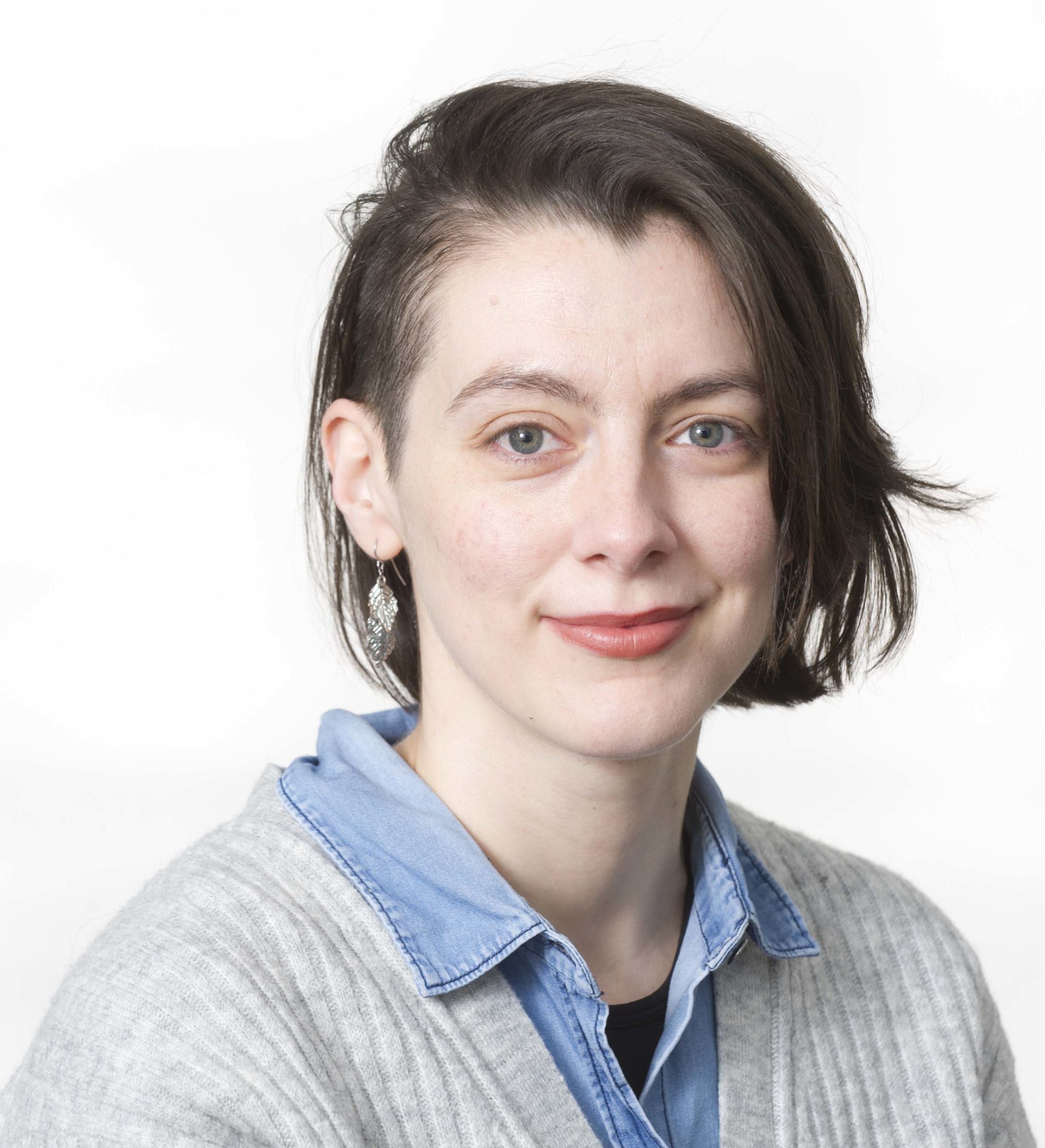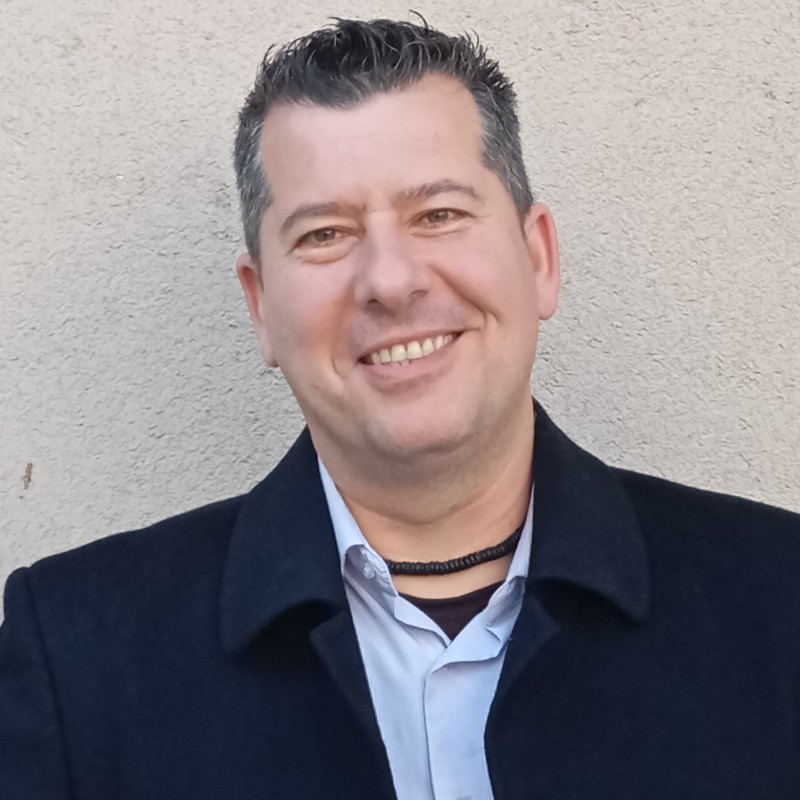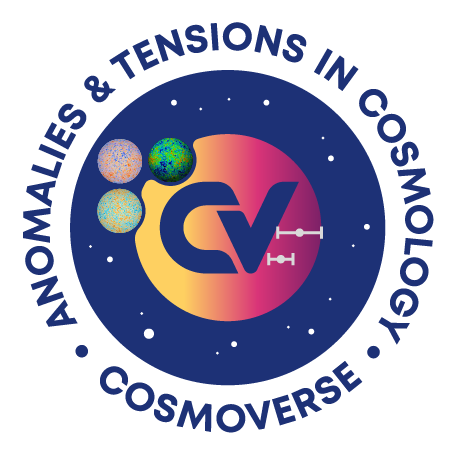
Professor Emmanuel Saridakis and Dr. Dani Leonard will give an online seminar in October 2025 to examine our present understanding of how the Universe evolved from the big bang to its current state, together with some open problems in this understanding.
World Space Week is observed internationally as a celebration of science and technology and their contribution to the betterment of the human condition through a greater understanding of space, its exploration, and our place in the Universe. CosmoVerse is a network of researchers who work on understanding the nature of the Universe. The network is centered in Europe but has a global reach.
For more information and to register, please contact .
Seminar Videos

Dani Leonard
Dr. Dani Leonard is a Lecturer in Data Science at Newcastle University. Their research applies statistical methods to analyse large data sets from cosmological galaxy surveys. They use Bayesian parameter inference and model comparison, as well as machine learning techniques, to constrain and compare cosmological models. They are interested in inference in high-dimensional spaces and approximate modelling to accelerate inference within complex physical systems. Within this space, they have two main scientific focuses: astrophysical modelling uncertainties affecting weak gravitational lensing and galaxy clustering, and exploring the possibility of cosmological deviations from General Relativity. They are a Full Member and Builder of the Rubin Observatory’s Legacy Survey of Space and Time Dark Energy Science Collaboration.

Emmanuel Saridakis
My research focuses on the fundamental questions of our universe. With over 310
publications, over 27.000 citations, and an h-index exceeding 90, my work spans topics like
theories of gravity, dark energy, observational data analysis, black holes, gravitational
waves, early universe, etc. I have held academic positions across three continents, including
roles in the U.S.A., France, China, and Chile, and currently serves as a Research Director at
the National Observatory of Athens. I have been recognized with multiple awards, and
according to the famous Stanford University list of the most influential scientists worldwide,
I'm in the top 0.04% of world scientists within all fields. My research has been instrumental in
addressing cosmological tensions and exploring new physics beyond the standard models. I
participate in the ESA’s key LISA mission, in NASA’s Psyche mission, and I am the
representative of Greece in many COST actions.
